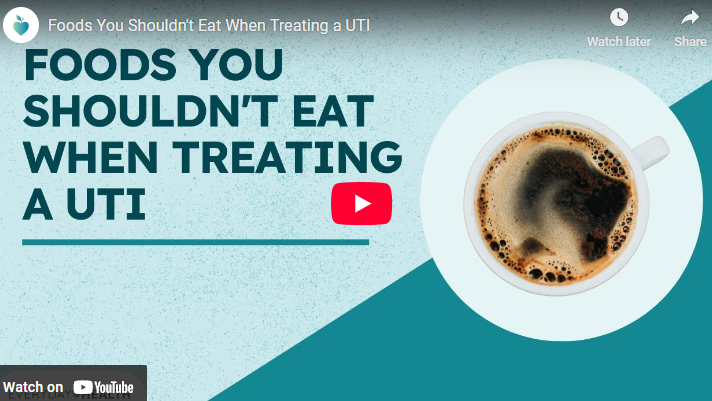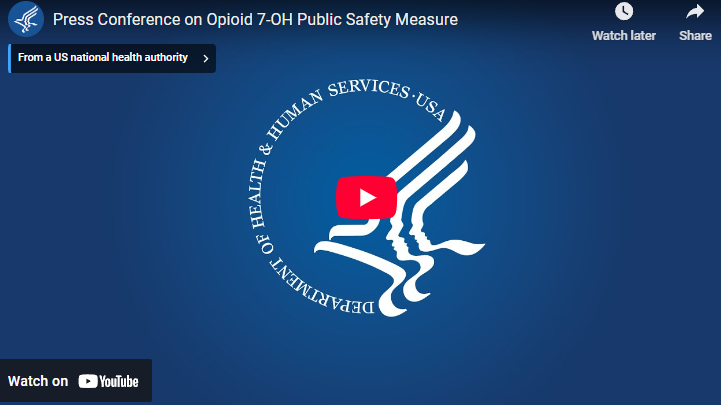
Understanding the New Addiction Crisis: 7-OH
In recent discussions surrounding public health, Secretary of Health and Human Services Robert F. Kennedy Jr. has drawn attention to a burgeoning addiction crisis in the United States, centered on a substance known as 7-OH. This synthetic byproduct of kratom poses a serious risk, especially considering its accessibility through gas stations and convenience stores across the nation, where it is often marketed in child-friendly forms like gummy bears.
In 'Taking Action On 7-0H', the analysis centers on the alarming risks associated with the substance 7-OH, prompting us to delve deeper into the conversation.
The Potency Concerns
What makes 7-OH particularly alarming is its potency. At 13 times stronger than morphine, it is no mere imitation; it is a powerful opioid. The casual availability of such a substance threatens to escalate addiction rates in communities already grappling with this issue. This highlights a critical sentiment from Kennedy: education around the dangers of 7-OH is urgently needed for both the public and healthcare professionals.
The Call to Action for Parents
Kennedy emphasizes the importance of conversations between parents and their children about these risks, especially as these products are designed to attract the younger crowd. The bright colors and appealing flavors are not simply marketing strategies; they can lead to dire consequences if children are not informed about the potential hazards.
Legislative Response
As part of a broader effort to combat this issue, the FDA plans to recommend that the DEA classify 7-OH as a Schedule I controlled substance. This move is intended not only to control access but also to alert Congress and the public to the seriousness of the situation. Addressing the implications of 7-OH on addiction is crucial as lawmakers are informed about its prevalence and dangers.
In hoping for a collaborative effort from various stakeholders—including parents, doctors, and lawmakers—Kennedy's statements underscore a plea for proactive engagement. This national conversation about addiction and its modern forms is essential in preventing another health crisis.
 Add Row
Add Row  Add
Add 




Write A Comment